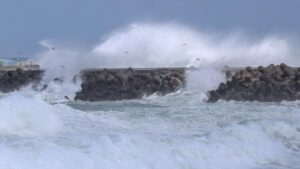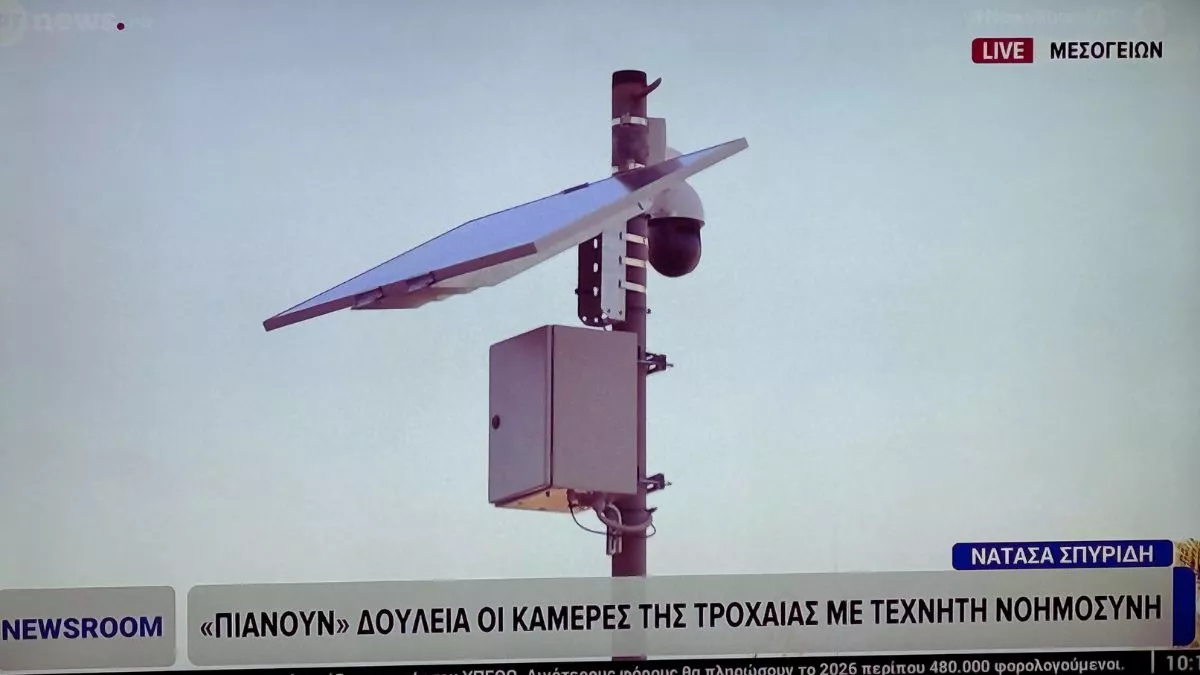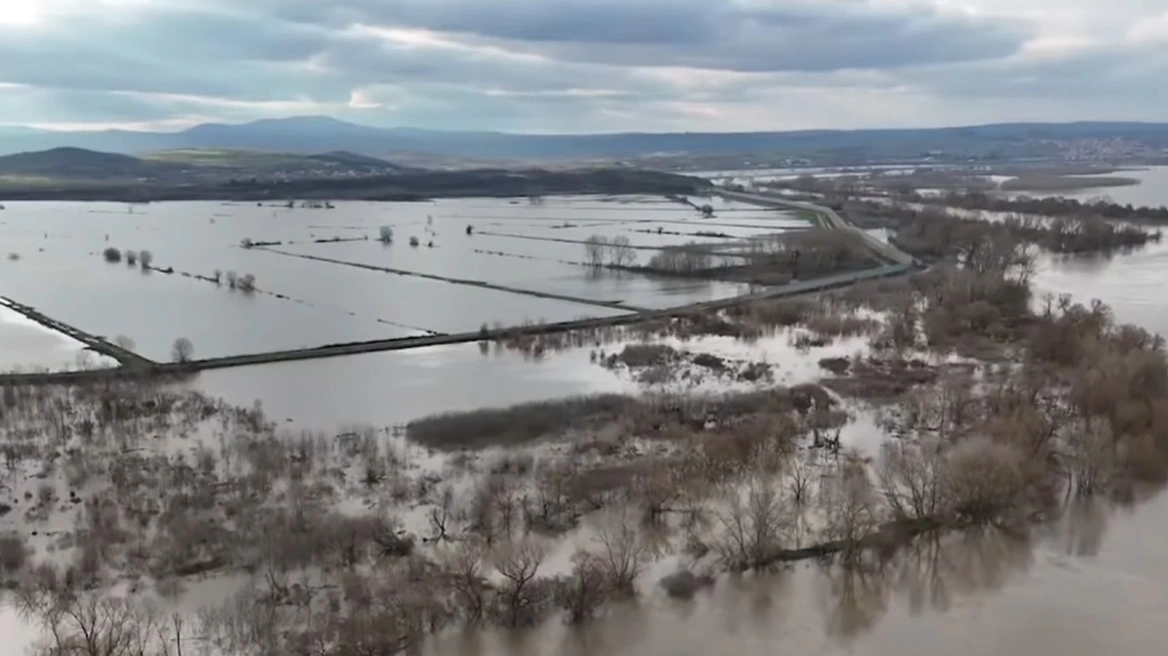Turkish politics demonstrates the immense influence of Eurasianist deep-state elements which control the Turkish military while temporarily tolerating and supporting President Recep Tayyip Erdogan, wrote Mehmet Efe Cama, a political science professor at Memorial University of Newfoundland in an analysis published in Gulen movement-linked Turkish Minute news site.
These deep-state elements are using the power of Erdoğan to convince Islamist-conservative grassroots groups in Turkish politics of the necessity of the current political course, according to Cama.
Leaving behind a zero-sum game mentality, Turkey went through a de-securitization with its regional policy of “zero problems” after 2005, few years after Erdogan came into power the analyst wrote, which brought transparency and accountability in domestic politics.
As Turkey increased basic freedoms and per capita GDP, Ankara restored relations with Greece; started a constructive normalization process with Armenia, and increased its bilateral trade relations with almost all regional countries, including Syria, Iraq, Bulgaria, Georgia, Russia and Ukraine, the article stressed.
However, three major interconnected events changed this positive outlook, Caman highlighted: a large-scale corruption scandal in 2013, the release and reactivation of all jailed Eurasianist deep-state military personnel and the July 2016 coup attempt.
Read more HERE
Ask me anything
Explore related questions





